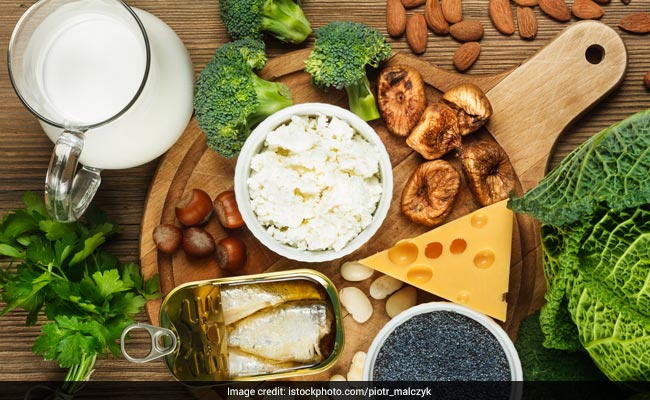Over the years, we have seen more and more people are turning to the Vegan way of eating. Some are switching for environmental or ethical reasons, others are making the shift to lead a healthier life. While making the change can be quite a task, the benefits outweigh the challenges considering a high fruit and vegetable diet, and plant-based diet is a good starting point for a healthy lifestyle. Veganism is a much debatable diet, but it has made its way through in the modern world. We are celebrating World Vegan Day today (November 1, 2020), which is an annual event celebrated by vegans around the world to commemorate the importance and benefits of veganism for humans, animals and the environment. If you are planning to switch too, we tell you what veganism is and what you should know about the vegan diet.
What is a vegan diet?
A vegan diet is one where no animal products including meats and dairy products are consumed. Instead, only plant-based foods are relied upon. A diet without any meat or dairy products is likely to contain a lot less saturated fats, which is related to risk of increased cholesterol levels and increased risk of heart diseases. So, basically a vegan diet generally contains more cereals, vegetables, nuts, fruits and seeds among others.

A vegan diet is one where no animal products including meats and dairy are consumedThings you should know before switching to veganism
- You cannot switch to being a vegan overnight, you will require a plan to gradually transit into becoming one.
- Making all changes at once may bring you back to being vegetarian or non-vegetarian. Rather, make one dietary change at a time. Do not stop eating chicken and eggs at once, as it may only backfire, instead go one by one in a few days time.
- By eliminating food groups from your diet, you will be at a constant risk of missing out on certain micronutrients important for your body. A vegan diet may lead to deficiency in calcium, vitamin D, vitamin B12, protein and zinc. Pick more food sources that have these important nutrients more than anything else.
- Your body will experience some changes and may take time to adjust to the new environment. At times, you may go through mood swings, feel grumpy with hunger and experience irritability.
- Reading food labels and verifying ingredients should be your everyday practice. Just because a food product is vegetarian doesn't mean it is suitable for a vegan diet.
- Before making the big switch, just make a list of vegan and vegan-friendly restaurants in your city, in the vicinity of your place of work, travel or home.
- Being vegan does not mean there is a dearth of choices; you will just need to find good alternatives. For instance, scrambled eggs can be easily replaced with scrambled tofu, and honey can be replaced with plant-based sweeteners and there is so much more to explore.
- It is imperative to drink a lot of water during the switch, considering you will be consuming a lot of fibre-rich foods. Your body is unable to break down the fibre in food and absorb it from your digestive tract into your bloodstream, therefore, the fibre must work its way through your system in order to be eliminated. Intake of plenty of water may facilitate easy digestion of fibre.
It may not be easy to switch to being a vegan, but the effort can be worth it. It is recommended to refer to a dietitian to help you kick-start the new diet. New Dietary changes can take a toll on your body, therefore, it is wise to make the switch under supervision. If you decide to follow a vegan diet, apply all the same principles that you would to any healthy balanced diet; eat fresh fruits and vegetables, grains, nuts and seeds and make sure that you are not deficient of any important nutrient.
Happy World Vegan Day 2020!








